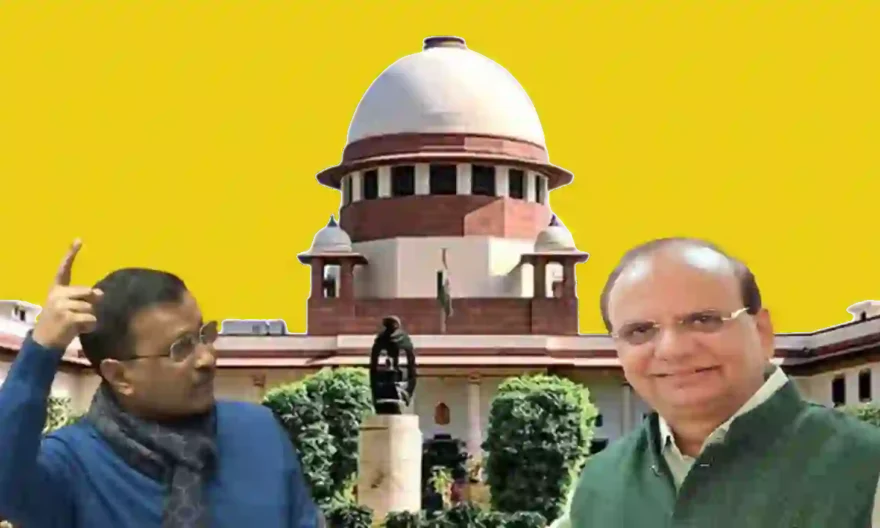
Now, the matter pertained to the Transfer and Posting of Delhi Government will be heard by Constitution Bench. on On Thursday 20th July 2023, the Supreme Court decided to refer the petition filed by the Delhi Government to a 5-judge Constitution Bench. The petition challenged a recent Ordinance promulgated by the Centre. The bench, led by Chief Justice DY Chandrachud, Justice PS Narasimha, and Justice Manoj Mishra, passed the order.
During the hearing, Senior Advocate Dr. Abhishek Manu Singhvi, representing GNCTD, argued against the need for a reference, claiming that a 3-judge bench could decide the matter. Singhvi contended that the Ordinance violated Article 239AA and diluted the powers of the elected government. He emphasized the urgency of the issue and requested priority hearing if the matter had to be referred.
However, the bench clarified that it couldn’t alter the schedule of the Article 370 cases’ hearing. Attorney General for India R Venkataramani supported the bench’s authority to make a larger bench reference if substantial questions of law were involved. Senior Advocate Harish Salve, representing the Delhi LG, pointed out alleged illegal appointments made by the Delhi Government.
Chief Justice Chandrachud raised a crucial question about the effect of the Ordinance, observing that it took away “services” beyond the three entries (police, law & order, and land) already barred by the Constitution. Consequently, the bench decided to refer the matter to the Constitution Bench. Singhvi urged for an early hearing after the Article 370 case.
Earlier, on July 17, the Supreme Court had indicated the possibility of referring the matter to a Constitution Bench. The petition challenges the Government of National Capital Territory (Amendment) Ordinance 2023, which was promulgated on May 19.
The Delhi Government’s petition argued that the Ordinance violated the federal, democratic governance system prescribed in Article 239AA and undermined the principle of collective responsibility. The Central Government’s affidavit stated that the Ordinance was necessary due to alleged “harassment and humiliation” faced by officials and bureaucrats under the Delhi Government, prompting the Centre to intervene to preserve the country’s image.




